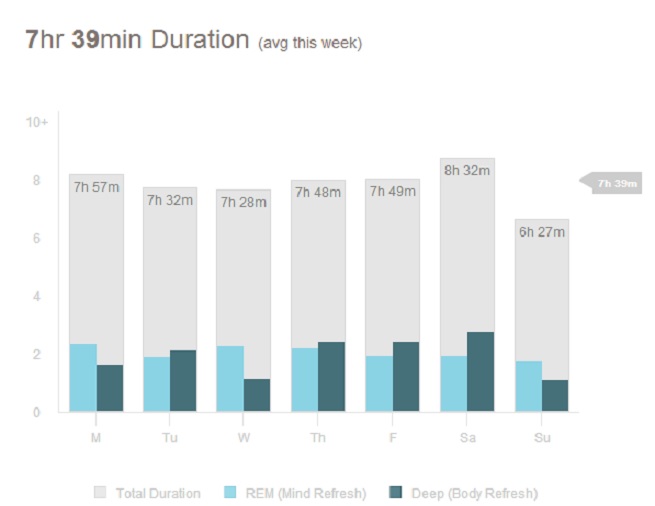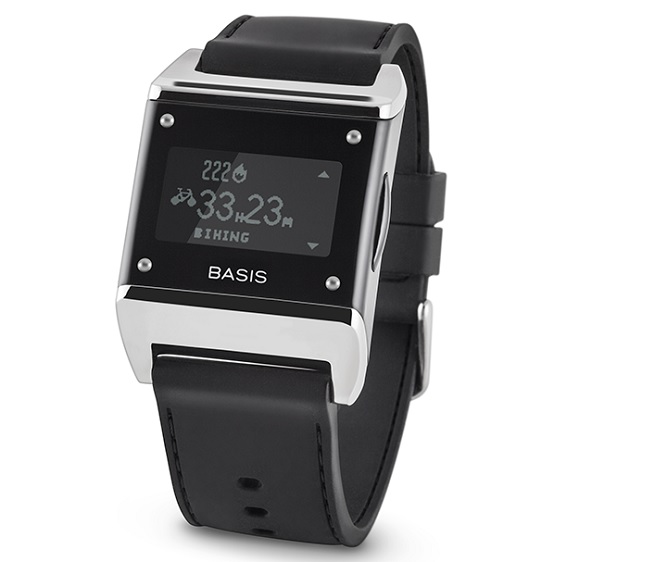Basis Science is reporting today that researchers have verified its fitness band does a good job keeping track of your sleep patterns, including deep sleep, rapid-eye-movement (REM), and light sleep.
As a result, Basis should be able to offer more insights into sleep patterns and how to improve your snoozing life.
Basis, which Intel recently acquired as part of an expansion into wearable computing, has a fitness band that you wear on your wrist, like a watch.
It’s called Fitness Tracker, and it collects a lot more data than the normal fitness band, since it has an optical sensor that shines a light into your skin to track your blood flow. It uses that, as well as sensors such as accelerometers, to figure out your heart rate, and, by extension, when you are sleeping.
June 5th: The AI Audit in NYC
Join us next week in NYC to engage with top executive leaders, delving into strategies for auditing AI models to ensure fairness, optimal performance, and ethical compliance across diverse organizations. Secure your attendance for this exclusive invite-only event.
Besides tracking your movements such as the time you spend walking, running, or biking, the device can figure out how many hours you sleep in a night. Third-party research shows the advanced sleep analysis is very accurate, Tejash Unadkat, director of product at the San Francisco company, told VentureBeat.
Basis partnered with sleep researchers at the University of California, San Francisco (UCSF), the San Francisco Veterans Affairs Medical Center (SFVAMC), and the Northern California Institute of Research and Education (NCIRE). None of the institutions were compensated for the studies.
These researchers conducted sleep studies known as polysomnography, the standard for examining sleep, in order to evaluate the Basis sleep algorithm’s estimation of sleep duration and sleep staging. Preliminary results showed that the variation from the data collected by the sleep researchers and the data collected by Basis varied by only 4.3 percent. The study showed a strong correlation between the Basis algorithm and medical grade PSG. That means that Basis Advanced Sleep Analysis is a great proxy for a study done in a sleep lab.
Unadkat said that Basis is going to add a new feature for understanding sleep data to the web dashboard that Basis users can view. The company emails users a Weekly Sleep Recap report with a snapshot of their seven-day sleep patterns. It will show a comparison of sleep over time, such as sleep duration per day. It also notes how many times a night you toss and turn or wake up. Then it gives you a percentage score dubbed your “sleep score” to summarize the quality of your sleep.
You can also understand how your sleep phases like REM and deep sleep change over the course of a week or are different on the weekend.
Basis plans to release more study results in the future.
“Now we know how close to medical grade monitoring our tracker is,” Unadkat said.

Above: Sleep duration

